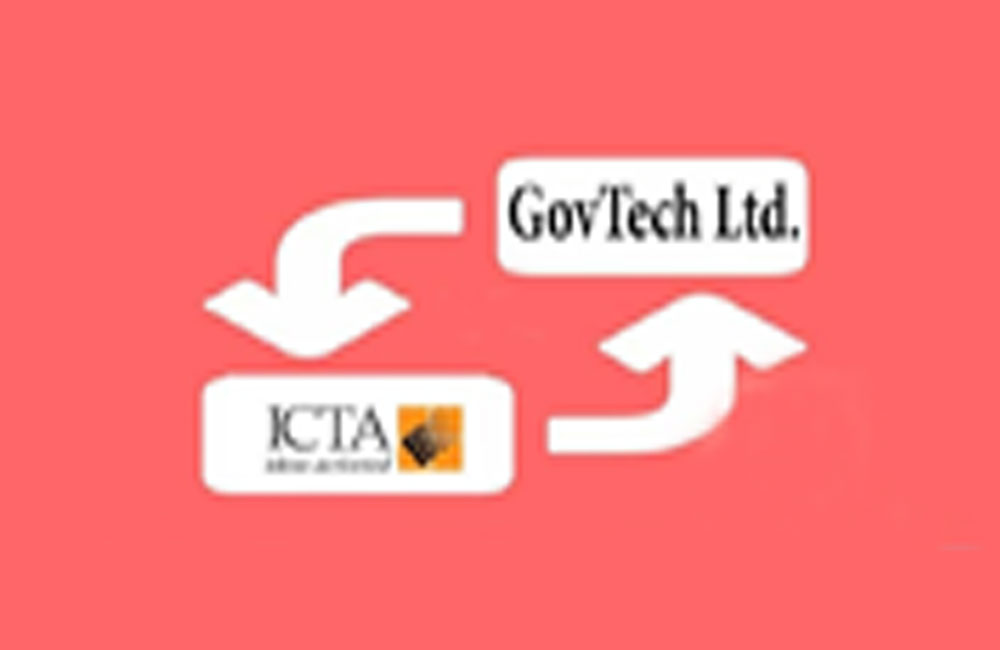The government’s decision to dismantle the Information and Communication Technology Agency (ICTA) once hailed as the engine of Sri Lanka’s digital transformation and replace it with a new entity called GovTech Ltd. has stirred deep concern within the ICT community and policy circles. While the Ministry of Digital Economy claims the restructuring will modernize and streamline digital governance, the move also raises questions about continuity, accountability, and the protection of two decades of institutional knowledge built under ICTA.
Established in 2003 with World Bank assistance, ICTA was instrumental in transforming Sri Lanka’s public sector through technology. It spearheaded initiatives such as e-Sri Lanka, Lanka Government Network (LGN), GovSMS, and the open data portal, connecting government institutions and citizens through digital platforms. It also promoted rural ICT access through telecentres and supported numerous private sector and start-up initiatives, positioning Sri Lanka as a regional digital innovator.
However, the recent Cabinet decision to wind up ICTA signals a shift in the government’s digital governance strategy. Acting Secretary Waruna Sri Dhanapala confirmed that GovTech Ltd. has been incorporated as a legal entity with Dr. Hans Wijayasuriya appointed as Chairman and a Board of Directors already in place. The 2026 Budget has allocated funds for its operations, supplemented by Asian Development Bank (ADB) and World Bank support.
Yet, GovTech’s operational readiness remains in question. The Ministry admits the agency lacks both a defined organizational structure and a qualified workforce. A consultancy firm is now being hired to design its framework a process expected to take up to six months. Until then, ICTA continues to function in a transitional capacity.
Officials insist GovTech will eventually absorb ICTA’s projects, but the liquidation process, already initiated by the Treasury, risks creating administrative and financial bottlenecks. ICT professionals warn that ongoing digital initiatives such as cybersecurity frameworks, national identity systems, and e-service portals could face serious disruptions.
Observers also question the government’s decision to dissolve ICTA at a time when digital governance is crucial for public service efficiency and investment promotion. The agency’s dissolution, critics argue, appears more politically driven than strategically planned, especially given ICTA’s proven record of delivering technology-based public solutions with international collaboration.
As GovTech prepares to take charge of Sri Lanka’s digital future, the key question remains: can a newly-formed entity replicate the institutional expertise and credibility ICTA earned over two decades or will the nation’s e-governance vision risk being rebooted from scratch?

Leave your comments
Login to post a comment
Post comment as a guest